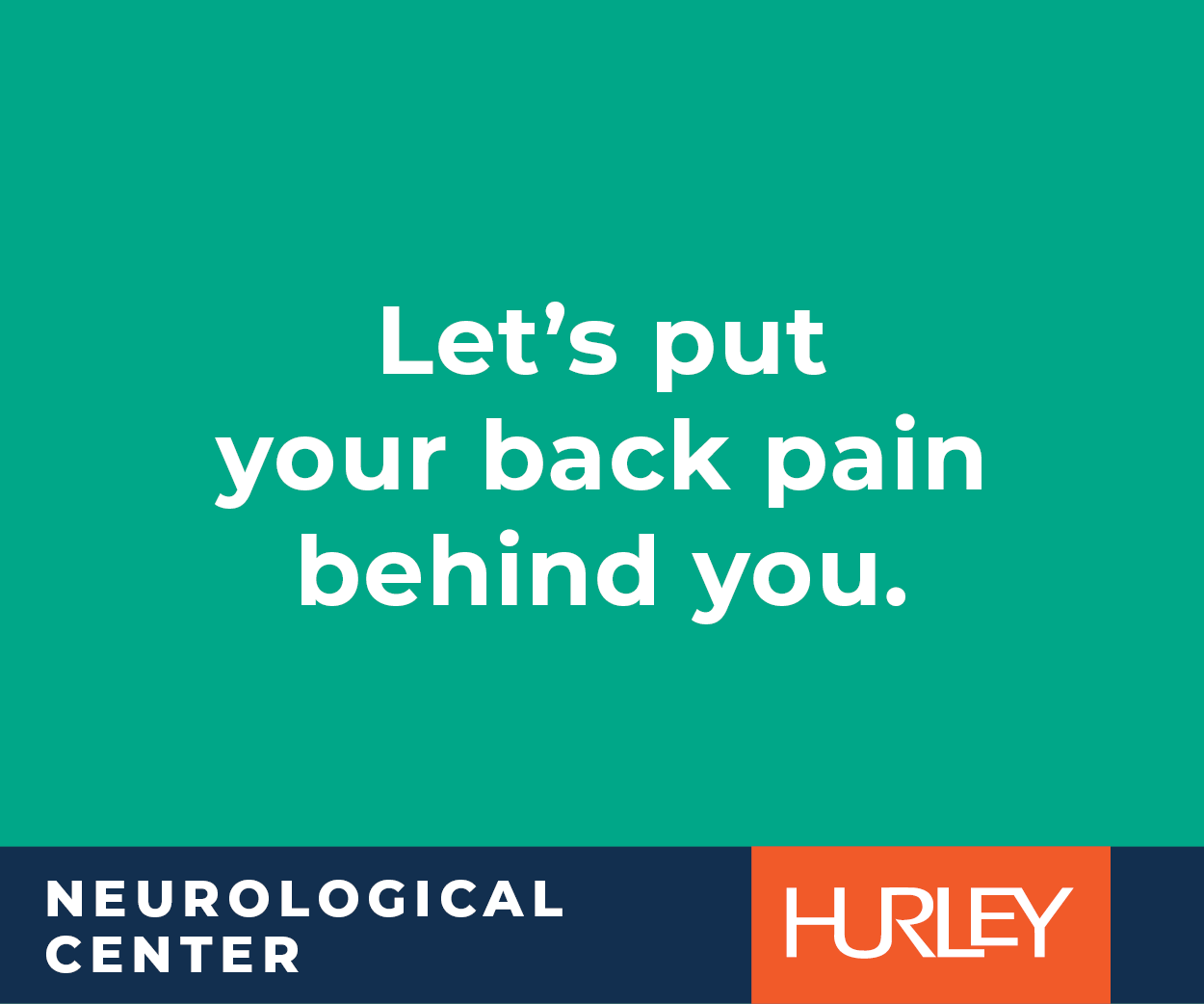 PRPhotos.com
PRPhotos.com
The David Bowie Estate has sold the global music publishing rights for his entire song catalog to Warner Chappell Music (WCM). The deal comprises all of Bowie’s music from 1968 through his 2016 death. No dollar amount for the purchase was announced.
According to the press release:
With this new deal with Warner Chappell, WMG is now home to David Bowie’s body of work as both a songwriter and recording artist.
The landmark deal includes Bowie’s entire body of work, encompassing hundreds of songs spanning the iconic artist and songwriter’s six-decade career, including trailblazers such as “Space Oddity,” “Changes,” “Life on Mars?,” “Ziggy Stardust,” “Starman,” “Rebel Rebel,” “Fame,” “Young Americans,” “Golden Years,” “Heroes,” “Ashes To Ashes,” “Modern Love,” “Let’s Dance,” “Where Are We Now?,” “Lazarus,” and many more.
The agreement comprises songs from the 26 David Bowie studio albums released during his lifetime, as well as the posthumous studio album release, Toy. It also includes the two studio albums from Tin Machine, along with tracks released as singles from soundtracks and other projects.
On behalf of the David Bowie Estate and RZO, attorney Allen Grubman added: “We are truly gratified that David Bowie’s body of music will now be in the capable hands of Warner Chappell Music Publishing. We are sure they will cherish it and take care of it with the greatest level of dignity.”
It was typical of David Bowie to change the scenery just as his fans were starting to get used to it. Following the soul-infused Nile Rodgers-produced pop of 1983’s Let’s Dance album and it’s 1984 follow-up, Tonight, Bowie explained that by the mid-‘80s, he was feeling the need to shake things up again: “The ‘Serious Moonlight’ period, that Let’s Dance album was. . . Nile did wonderful things for me on that album, and he created an extraordinary sound. But with the inclusion of the horns and the smoothness of the whole deal, I started to become uncomfortable in carrying on with that direction, because I felt a little lost in that. And it was approaching an area that I really didn’t feel I belonged in. When you get lost, you go back to point one.” SOUND







